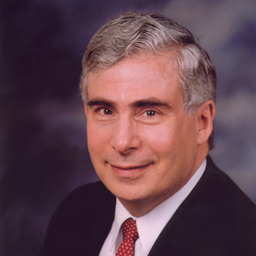American Presidents often turn their attention to foreign policy as their terms end and that looks like what President Obama is doing. Last month, he delivered two addresses in which he outlined an ambitious agenda. The question is whether he really means it.
At the United Nations, President Obama called for world action against what he termed “the danger posed by religiously motivated fanatics.” While claiming he was taking a “narrowly focused” approach, he identified danger zones from Afghanistan to Africa and a wide range of challenges to be addressed, including high unemployment, food and water scarcity, and corruption, as well as sectarian conflict.
The day before, at the Clinton Global Initiative, the President laid out an even more ambitious program. Naming political prisoners in Russia, China, Egypt, and elsewhere, he declared that the United States stood squarely behind them, and for promoting freedom and “civil society” wherever they were in danger. His country, he told his audience, “will not stop speaking out for the human rights of all people … because that’s part of who we are, and … what we stand for.”
These words echo George W. Bush’s, when he pledged, in his second inaugural address, to promote freedom and democracy throughout the world. Other presidents have expressed similar views and even acted on them, most famously, Woodrow Wilson.
The United States has often seen itself as a country founded on ideals, an “exceptional” nation with a mission to promote liberty throughout the world.
However, Barack Obama has been among the most cautious presidents in making this claim. If he has now changed his mind, will he also match his words with actions?























